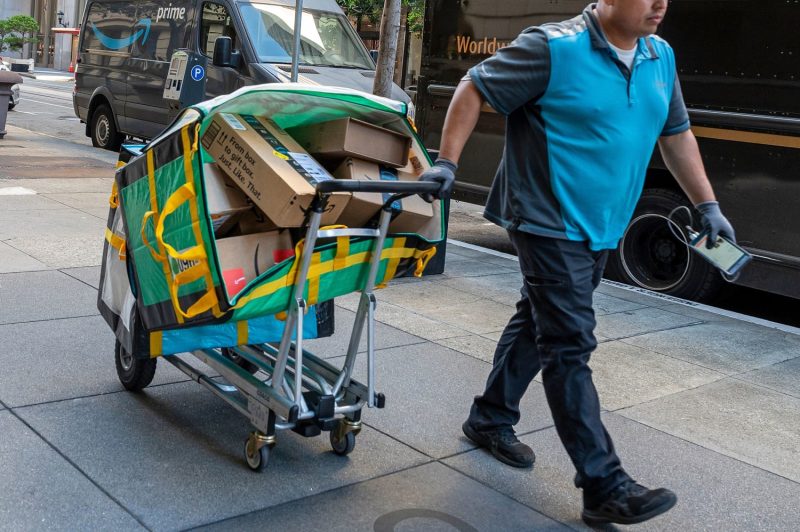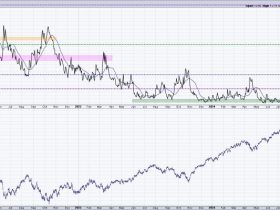In a recent legal battle, Amazon, the retail giant known for its Prime delivery service, has found itself in hot water as the Attorney General for the District of Columbia filed a lawsuit against the company. The lawsuit alleges that Amazon has been excluding certain neighborhoods in the D.C. area from its Prime delivery service, thus discriminating against residents based on their geographical location. This move has raised concerns regarding equal access to services among various communities and has sparked a debate about the responsibilities of large corporations to provide fair and equitable services to all customers.
The lawsuit claims that Amazon’s practice of excluding particular neighborhoods from its Prime delivery service violates the District of Columbia’s consumer protection laws. By denying residents in certain areas the benefits of Prime delivery, Amazon is allegedly engaging in discriminatory practices that disadvantage residents who may rely on the convenience and efficiency of the service for their everyday needs. This has led to allegations of economic discrimination, as residents in excluded neighborhoods are unable to access the same level of service available to customers in other areas.
Furthermore, the lawsuit argues that Amazon’s exclusion of certain neighborhoods from its Prime delivery service may also perpetuate existing inequalities in access to essential goods and services. In today’s digital age, where online shopping and home delivery have become increasingly important, being denied access to services like Prime delivery can have far-reaching consequences for individuals and communities, particularly during times of crisis or limited mobility. This highlights the importance of addressing issues of inequity and ensuring that all residents have equal access to services that can improve their quality of life.
Amazon, as a prominent player in the e-commerce industry, has a significant influence on the delivery market and sets a standard for how services should be provided to customers. The outcome of this legal battle will not only impact Amazon’s policies and practices but may also set a precedent for other e-commerce companies to prioritize fairness and inclusivity in their service offerings. As our society becomes increasingly reliant on digital services, it is crucial for companies to consider the social implications of their decisions and take proactive steps to promote equality and accessibility for all consumers.
In conclusion, the lawsuit filed against Amazon by the D.C. Attorney General sheds light on the importance of fair and equitable access to services for all residents, regardless of their geographical location. By challenging Amazon’s alleged exclusion of certain neighborhoods from its Prime delivery service, the lawsuit highlights the need for companies to uphold principles of inclusivity and non-discrimination in their business practices. As this legal battle unfolds, it serves as a reminder of the ongoing efforts to address issues of inequality and promote a more just and accessible society for all.












